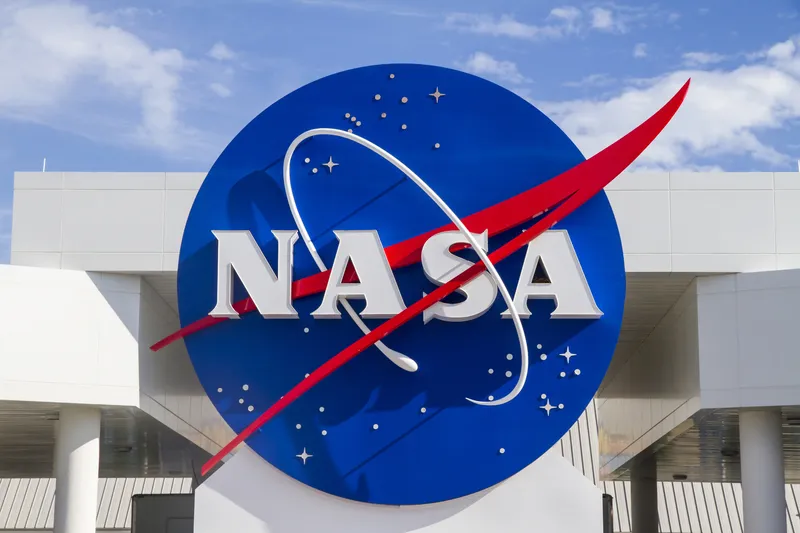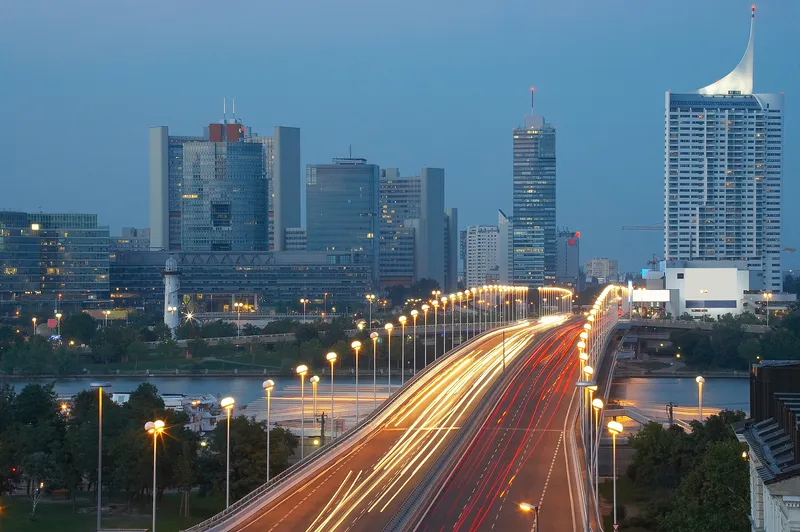
The challenge will bring together companies like Joby Aviation and Bell Trexton who aim to develop and operate air vehicles or air space management services.
Robert Pearce, Nasa’s associate administrator for aeronautics, says: “With this step, we’re continuing to put the pieces together that we hope will soon make real the long-anticipated vision of smaller piloted and unpiloted vehicles providing a variety of services around cities and in rural areas.”
The developmental test will seek to assess the readiness of Nasa's test infrastructure while integrating a mobile operating facility and Nasa airspace services. It will also verify relevant flight test scenarios and assist data collection.
The initiative will also inform requirements for UAM operations and formalise best practices to enable the development of regulations by the Federal Aviation Administration (FAA), the space agency adds.
“Our partnership with the FAA will be a key factor in the successful and safe outcomes for industry that we can expect from conducting these series of Grand Challenges during the coming years,” Pearce adds.
Several developmental activities are planned for this year as part of the Grand Challenge Developmental Testing (GC-DT).
Starr Ginn Nasa’sGrand Challenge lead, says: “We consider this work as a risk reduction step toward Grand Challenge 1. It is designed to allow US developed aircraft and airspace management service providers to essentially try out their systems with real-world operations in simulated environments that we also will be flight testing to gain experience.”
The partners will provide a vehicle to fly in the GC-DT and demonstrate integrated operational UAM scenarios, test UAM traffic management services in Nasa's airspace simulations and prepare for possible flight activities during the first grand challenge.









